The Life of the Mind
Using mental health education to give back to myself and my community
By Chibuikem Iheagwaram—University Innovation Fellow, Fisk University
In the last year, I have learned that feeling the fear and doing it anyway is the true definition of courage. It all started in August 2021 when I landed in the USA from my home country Nigeria, via a combination of flights that had lasted 32 hours and 30 minutes. Now, I was in a foreign land and needed to learn how to integrate myself into my new reality. Research has shown that when a person moves to a new country, they usually need six months to begin adjusting. Culture shock was the first thing I encountered: the weather felt different (four seasons compared to the two seasons I grew up with in West Africa), social dynamics, academics, amongst other things. Though I consider myself to be a very adaptive person, my mental health soon started to take a beating as I worked to build my new support system.
“I felt like a student whose interests had no home to fit themselves in. That inspired me to start an organization of my own whose sole mission was to enrich the minds of others through exposing them to neuroscientific, psychological, and mental health education.”
An important part of my story is that I took five gap years before college, and this hiatus was not voluntary, but due to financial lack. Hence, I had to retrain my mind to adjust to an academic setting. One of the good things that came from my gap years was going on medical mission trips to rural communities in Nigeria where I developed a passion for mental health. As a person who was always prone to asking questions to uncover the ‘whys’ behind life, I soon realized I was already thinking like a scientist. The day I came across a self-help book that expounded on the relationship between mental health and physical illness, was the day I fell in love for the first time. That was when I became familiar with the terms – neuroscience and psychology – and became passionate about exploring them.
In my first-year of college, I ardently searched for a student organization at my institution that could expose students to the fields of neuroscience and psychology, but there was none. There was no club or course dedicated to neuroscience education. I felt like a student whose interests had no home to fit themselves in. That inspired me to start an organization of my own whose sole mission was to enrich the minds of others through exposing them to neuroscientific, psychological, and mental health education. This was new since such a club had not existed at my school since its inception 157 years ago. In fact my school did not have a neuroscience major.
In the second semester of my freshman year, I discussed my ideas with a professor I was doing neuroscience research with, and he excitedly offered to be a faculty advisor for the potential organization. I was the only first-year student in his laboratory at the time and even though my coursework was demanding due to being dual-enrolled at Vanderbilt University where I was taking a psychology honors seminar, my passion for neuroscience was my drive for wanting to start the club. In summer 2022, I was doing research at Johns Hopkins Medicine and going through a mentorship program at Harvard Medical School. These experiences further propelled my innovative thinking. Starting such an organization felt uncharted and scary but with the assistance of my professor, the Dean of Natural Science and Math at Fisk University, and a few friends, a constitution was created, and we registered the club for launch in the fall of 2022. We decided to name the club AXON. Our motto would be “Vita le mentis” – Latin translated as ‘the life of the mind’.
On the day of my school’s organization fair, I had minimal expectations. I had resolved in my mind that this project was not in a bid to inflate my ego but was a chance for me to give back to my community. At the end of the fair, we had 70 students sign up for the organization. My executive board and I planned a couple of events including an introduction to what our club stood for, one discussing the fundamentals of neuroscience and psychology, as well as other seminars with resource persons from Johns Hopkins University, Harvard Medical School, and Meharry Medical College. Going through the UIF program also in fall 2022, I was able to learn design thinking skills that helped me bring my imaginative ideas about AXON to actualization. As a creative with a bunch of ideas to further neuroscience education on my campus, I soon learned how to identify the stakeholders at Fisk and beyond that could help in the execution of those ideas.
As word continued to spread about our organization, we grew past 100 members. Though we initially struggled with securing funding, eventually we received a grant from an anonymous donor. One of our projects with the grant was to launch a scholarship initiative to assist a Fisk student who had significant financial need. In Spring 2023, we planned field trips and community outreach projects, as well as a computational neuroscience event where we invited a neuroscientist from Johns Hopkins to give a talk on machine learning, deep learning, and artificial intelligence. Eventually, due to significant interest from students at other schools, we began to envision creating new AXON chapters at other colleges in the Tennessee area and beyond.
Looking back, even though I was uncertain about starting AXON, I am astounded by how well it has been received. AXON has become a neuroscience support system for me as well as other students at my school. I am happy to have created such a space. I have learned that feeling the fear and doing it anyway, is the true definition of courage. Dear reader, I hope you know how important it is for you to chase your dreams because the world will be better for it. Keep imagination and innovation alive!
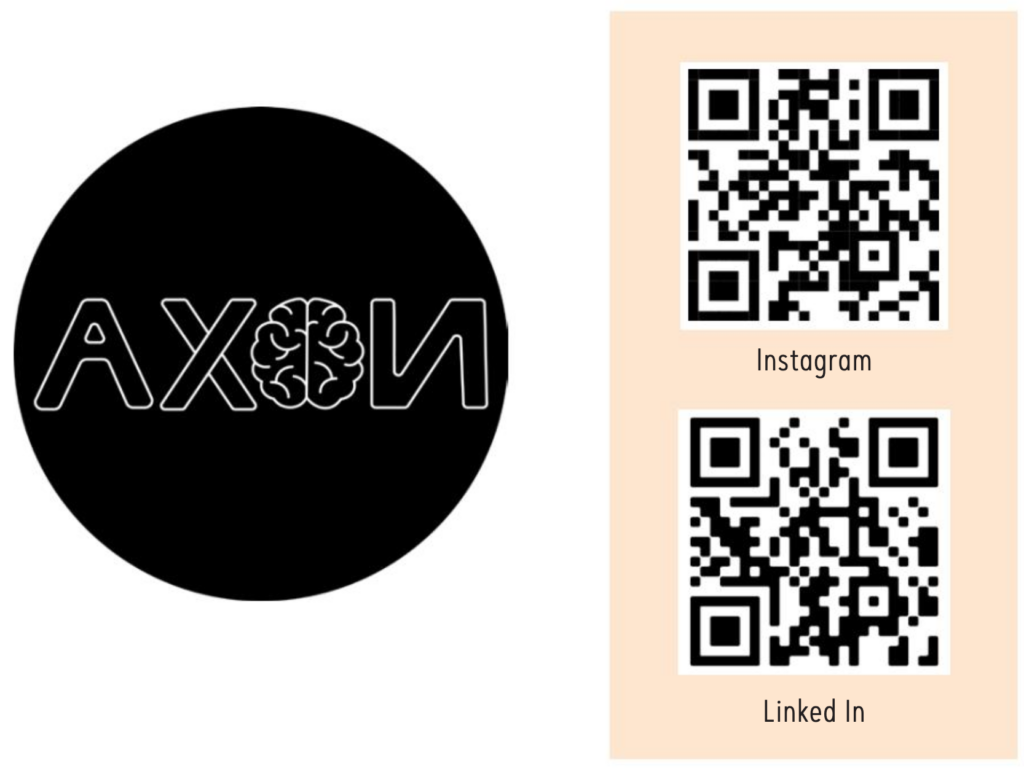
Check out our impact on Instagram and LinkedIn at “AXON Neuroscience Clubs”.
www.instagram.com/axonneuroclubs
www.linkedin.com/company/axonneuroclubs
The original article can be found in the Focusing on Belonging and Wellbeing section of the 2022-2023 Change Forward Journal— Visions and Voices of Higher Education’s Future.

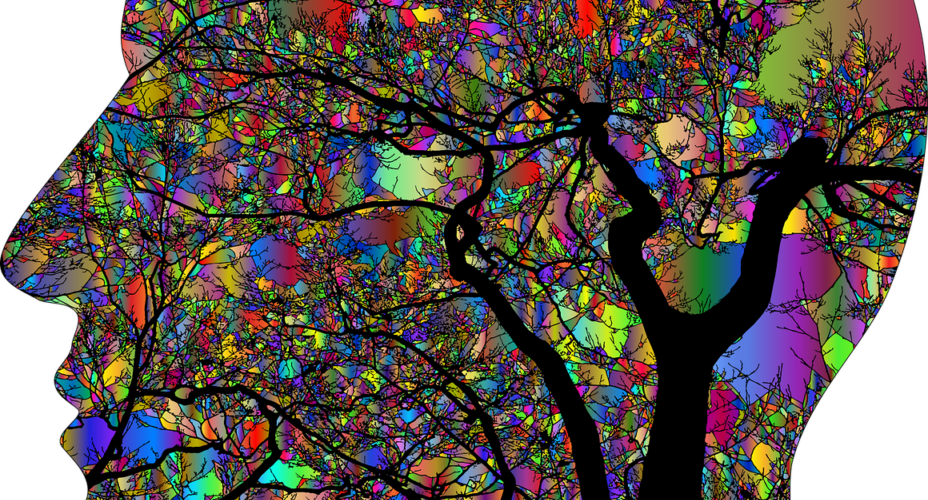 Courtesy of the author
Courtesy of the author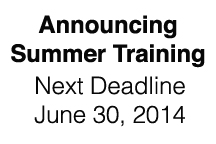
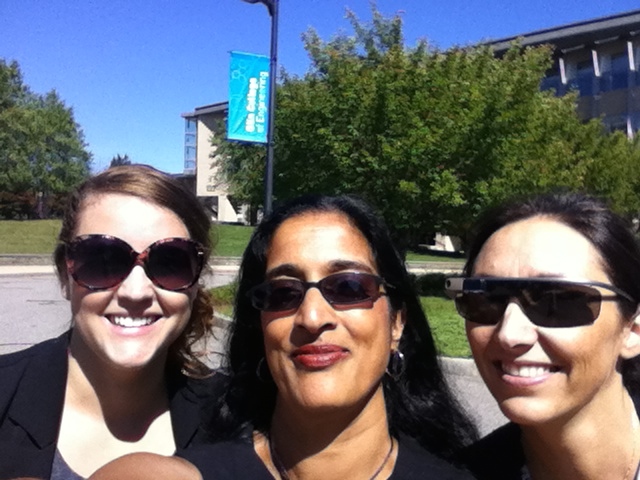

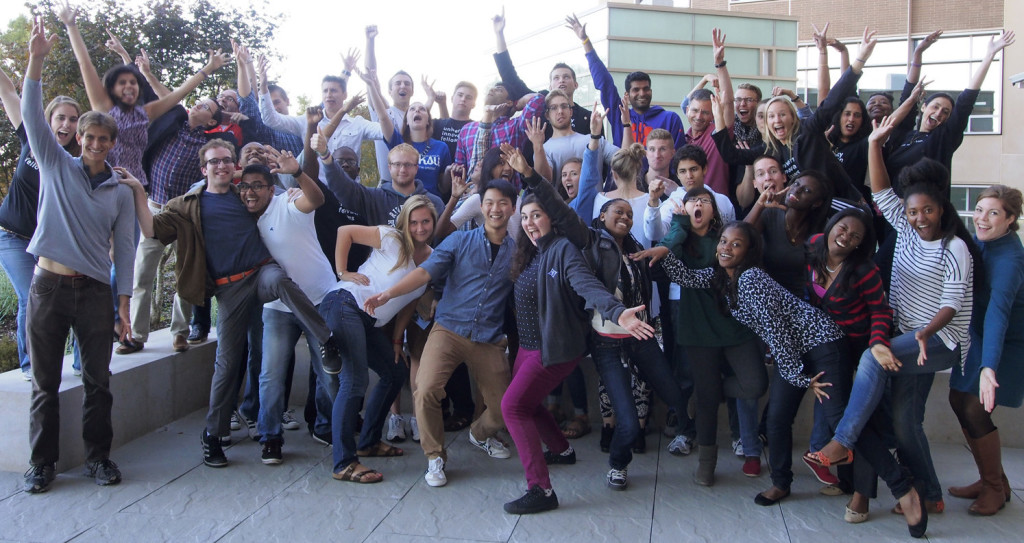
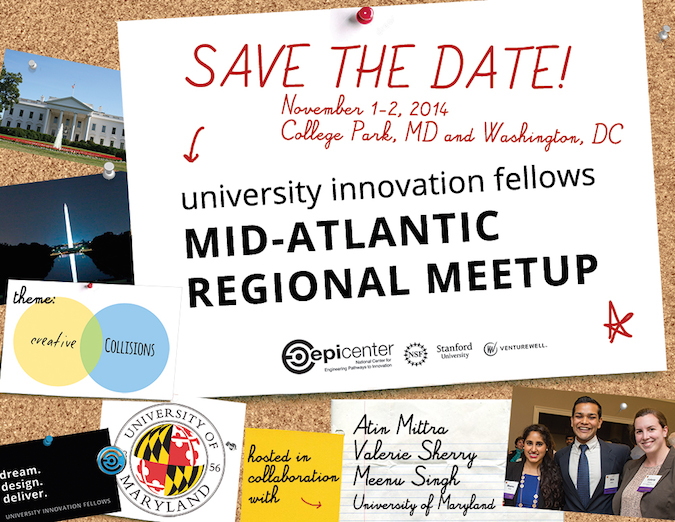
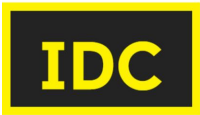
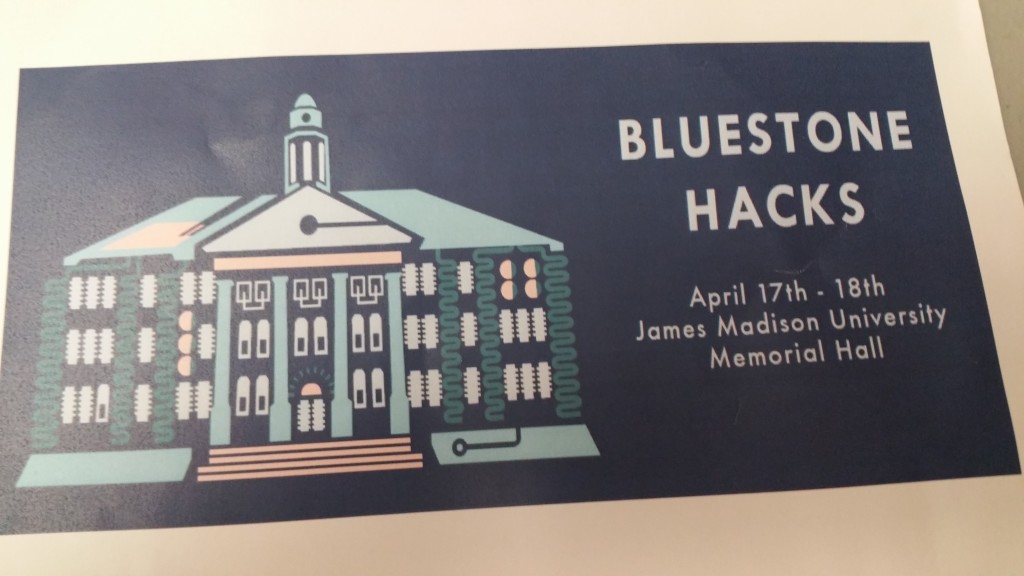

 Photo credit: Doug Halvorsen
Photo credit: Doug Halvorsen Photo Credit: Ilya Adeev
Photo Credit: Ilya Adeev
Leave a Reply
Want to join the discussion?Feel free to contribute!